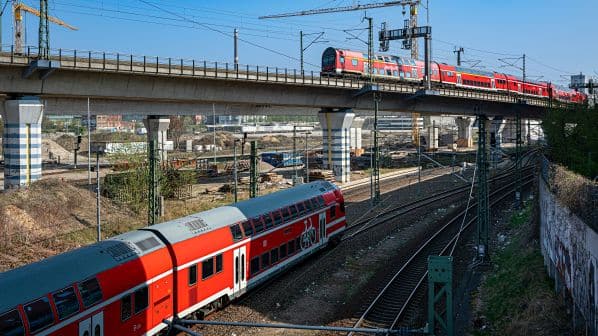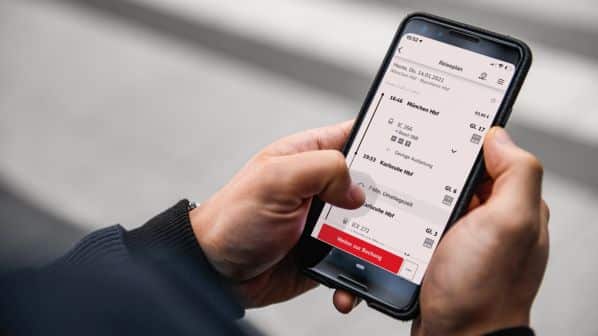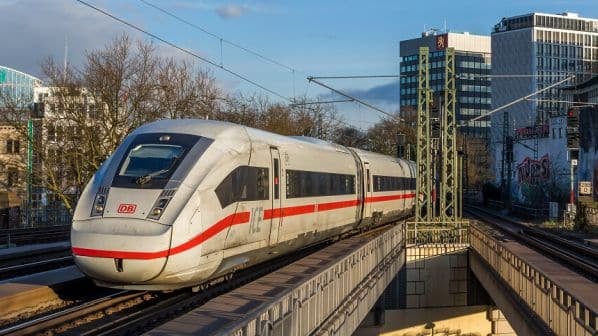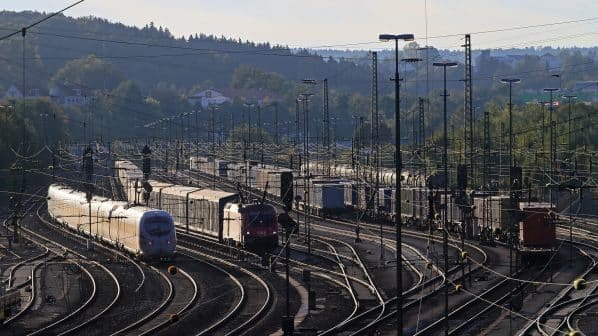THE planned restructuring of the German Rail (DB) Group offers opportunities for competition in the railway sector, says Germany’s Monopolies Commission in its ninth report on the railway sector, published on July 4. The commission says the proposed new infrastructure division InfraGo should be “economically and organisationally independent.”
In the report entitled Time to GO: finally quality-effective competition!, the Monopolies Commission makes several recommendations for strengthening competition in the railway market.
Germany’s federal government plans to restructure the DB Group. The infrastructure subsidiaries DB Network and DB Station & Service would be merged into the new infrastructure division, InfraGo, geared towards the common good. However, the Monopolies Commission says care should be taken to ensure that InfraGo is designed to be competitive and recommends extensive economic and organisational independence from the other companies in the DB Group.
“To this end, the management board and the supervisory board of the new company should be independent in terms of personnel,” the commission says. “In addition, the after-tax results of the DB Group companies should be reported more transparently in the annual reports in order to counteract anti-competitive cross-subsidisation.”
“An infrastructure company geared towards the common good must feel equally committed to all users of the infrastructure," says Prof Dr Juergen Kuehling, chairman of the Monopolies Commission.
The commission is also calling for better regulation of the infrastructure. “German rail infrastructure is in poor condition,” the commission says. “This can be seen, among other things, in the high number of outdated tracks and points or the many railway bridges in need of renovation. The consequences are many delays and train cancellations at the expense of passengers and shippers. Since the current regulation does not remedy this, a reorientation of railway regulation is urgently needed.
“Regulation must provide stronger incentives for infrastructure operators to invest sustainably in the quality of the infrastructure,” Kuehling says.
The Monopolies Commission also recommends anchoring quality assurance in the framework of access charge regulation in the future. “Train path prices that the infrastructure manager can demand from train operators should be linked to the achievement of certain quality goals, such as punctuality or the size of the network,” the commission says. “This creates real incentives for the infrastructure manager to ensure better quality in the railway sector.
The commission says it strongly recommends that the quality targets set by the regulator should be linked to the remuneration of DB management. “A structural cultural change in the management of the DB Group is absolutely necessary for this,” the commission says. “They must feel much more committed than before to all infrastructure customers.”
The commission also wants to see greater competition in ticket sales so that independent operators can compete on an equal footing with DB. “Passengers can benefit directly from this through cheaper ticket prices,” the commission says. “This is shown by experience in other countries, for example in Spain. In the German market, on the other hand, independent service providers have a hard time gaining a foothold. This is mainly due to the fact that the DB Group withholds infrastructure data, especially expected arrival and departure times, from competing companies in favour of its own sales.”
“With a serious orientation towards the common good, such hindrance practices towards competitors should be stopped in the future,” Kuehling says.




